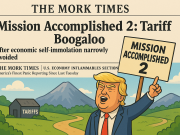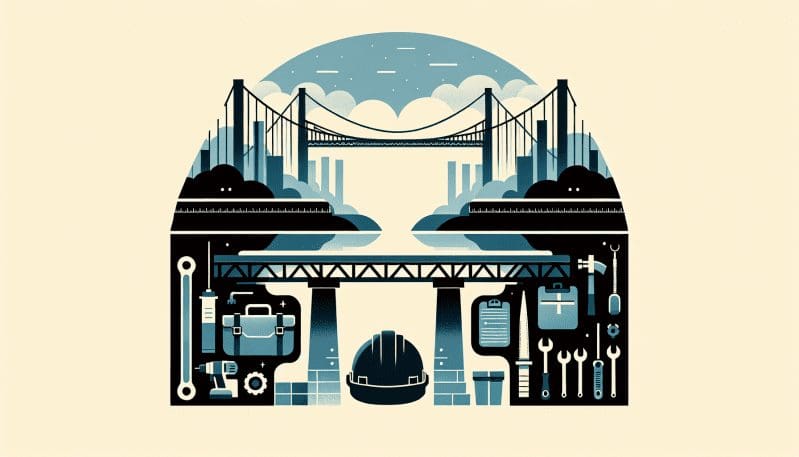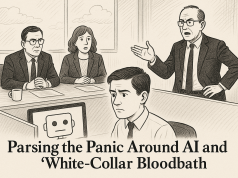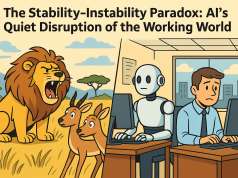As world leaders and business moguls gathered in the snowy peaks of Davos for the World Economic Forum 2024, the theme ‘Rebuilding Trust’ echoed through the halls, signifying a call to mend the frayed fabric of global cooperation. In the aftermath of a global pandemic, economic strife, and societal upheaval, trust has emerged as a cornerstone for a more resilient and equitable future. This pivotal moment offers a unique opportunity to shape the future of blue-collar work, but success hinges on our collective ability to build and maintain trust across all sectors of society.
In the bustling city of New York, where the heartbeat of blue-collar America thrives, the outcomes of Davos 2024 carry a weight that transcends geographical boundaries. The discussions held and decisions made in those Swiss conference rooms have the potential to directly affect the lives of millions of blue-collar workers and their families.
The blue-collar sector, often overshadowed by its white-collar counterpart, is the backbone of the global economy. It encompasses construction workers, machinists, electricians, and countless others whose daily toil keeps our world running. For too long, this critical demographic has been on the periphery of major economic dialogues. However, with a renewed focus on trust, there is hope for a paradigm shift. Trust-building efforts can lead to increased investments in worker training, paving the way for blue-collar workers to upskill and adapt to the rapidly changing employment landscape.
Fair trade policies are another avenue through which trust can be restored. By advocating for regulations that protect the rights and interests of blue-collar workers, we can create a level playing field that benefits all, not just the corporations with the deepest pockets. It’s essential to ensure that these policies are not only discussed but also implemented with the rigor they deserve.
Moreover, technological advancements offer both challenges and opportunities for the blue-collar workforce. While automation and artificial intelligence threaten to displace some workers, these same technologies can be harnessed to improve the safety, efficiency, and quality of blue-collar jobs. It’s up to global leaders and businesses to invest in technology that caters to the needs of workers rather than replacing them.
There is an undeniable need for measures to be taken to prevent the future of work from leaving behind the blue-collar workforce. Labor unions must be empowered to protect workers’ rights, while education systems should be restructured to provide practical skills that align with industry needs. International labor agreements could play an instrumental role in standardizing worker protections and ensuring global compliance.
The pursuit of rebuilding trust must be more than ceremonial. It demands action. It requires leaders to not only recognize the value of blue-collar workers but also to commit to fostering their growth and well-being. The litmus test for the success of Davos 2024 will be whether the blue-collar workforce is better off in its aftermath. Only then can we say that the gap has truly been bridged, and trust in the future of work has been rebuilt.
The Work Times stands ready to chronicle this journey, elevating the discourse around blue-collar work and entrusting those at the helm to steer us toward a future where the dignity of labor is not just acknowledged but celebrated. The call from Davos is clear, but it is the response of the world that will determine the fate of the blue-collar worker. Let us ensure that response is both resounding and inclusive.


























